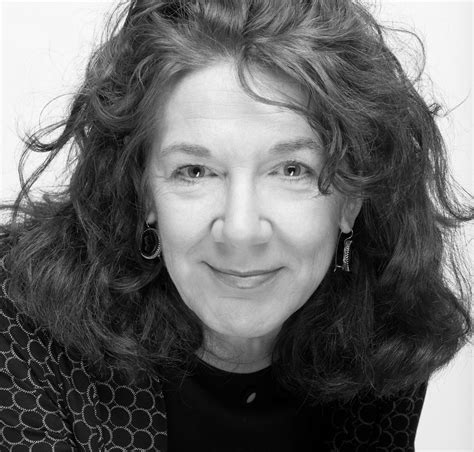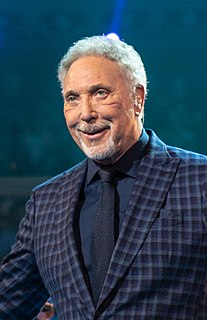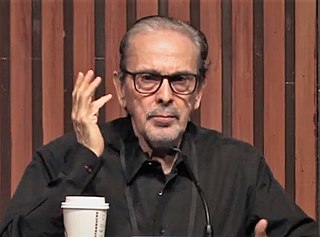A Quote by Mary Ruefle
When I first encountered the poems of Jon Woodward, I was stunned into the state that is my life's joy-I was in the presence of the inimitable. Uncanny Valley extends that experience-almost into another dimension. These apocalyptic, pixilated poems forge a mythology of our ravaged culture, one that might have been written in the future. If you want poetry to give you a persimmon on a plate, look elsewhere; if you want to know what happens when seven trees fall on the highway and the story is told by a stutterer, this is the book, and it could only have been written by Woodward.
Quote Topics
Related Quotes
If you can find two poems in a book, it could be a pretty good book for you. You know, two poems you really like. There are some poets who are fairly big names in contemporary poetry and who write a book and I might like three or four poems in the book, but the rest of them don't appeal to me personally; but I think that's the way it really ought to be. I think it's really a rare thing to like everything that somebody has written.
I hope any poem I've ever written could stand on its own and not need to be a part of biography, critical theory or cultural studies. I don't want to give a poetry reading and have to provide the story behind the poem in order for it to make sense to an audience. I certainly don't want the poem to require a critical intermediary - a "spokescritic." I want my poems to be independently meaningful moments of power for a good reader. And that's the expectation I initially bring to other poets' writing.
It's true, there aren't many explicit references to Canada in my book. And not many explicit references to the U.S., either. I try to fill my poems with enough real, observed detail that the poems create a believable world - but I don't write poems for the sake of telling my own story. My life is not important or interesting enough to warrant that kind of documentary. Instead I try to use my experience as a way of understanding situations that are common to many people. I want readers to project their own lives onto my poems.
This is a strange book: visionary and dark. It stutters out a kind of music: repeated phrases which accumulate errors and mutate as they go like chromosomes or, as Woodward puts it better, 'visible fissile ribbons.' It's as if we were present for the moments of creation and extinction. Uncanny Valley is ominous and beautiful.
When Emily Dickinson's poems were published in the 1890s, they were a best-seller; the first book of her poems went through eleven editions of a print run of about 400. So the first print run out of Boston for a first book of poems was 400 for a country that had fifty million people in it. Now a first print run for a first book is maybe 2,000? So that's a five-time increase in the expectation of readership. Probably the audience is almost exactly the same size as it was in 1900, if you just took that one example.
. . I have written a couple of screenplays for studios, and each time has been less gratifying than the last. In my experience, they want no real representations of homosexuality, they want no complexity, they are terrified of ambiguity and unanswered questions - they don't know what they want, except that they want to make lots of money. The only freedom I've ever had as an artist has been in the theatre.






































